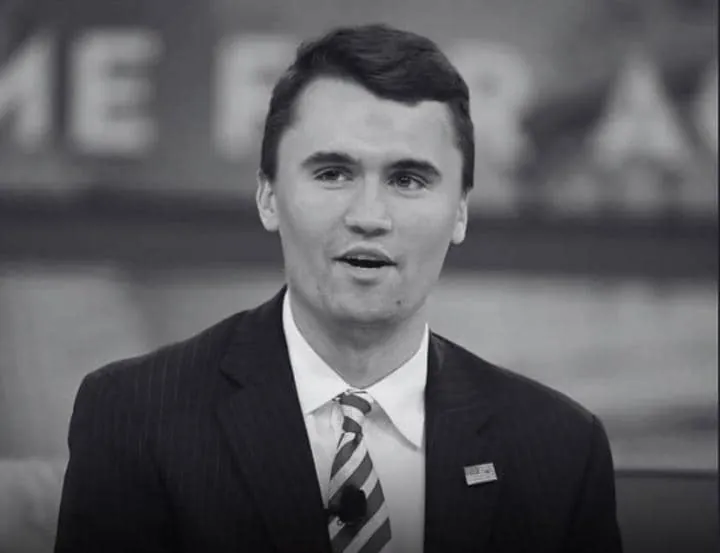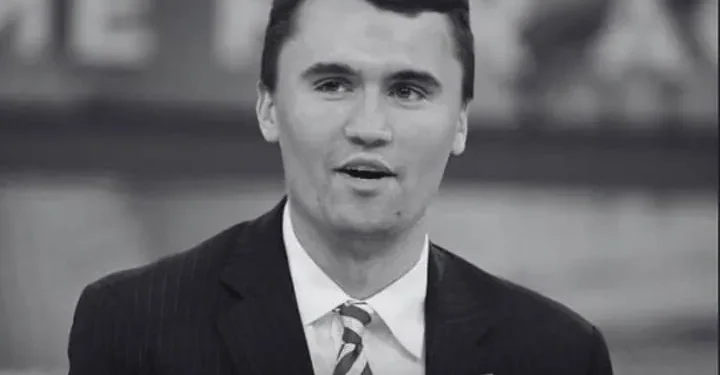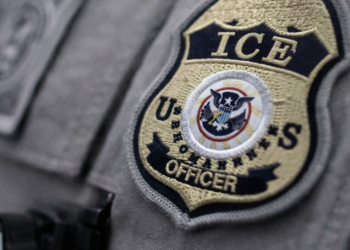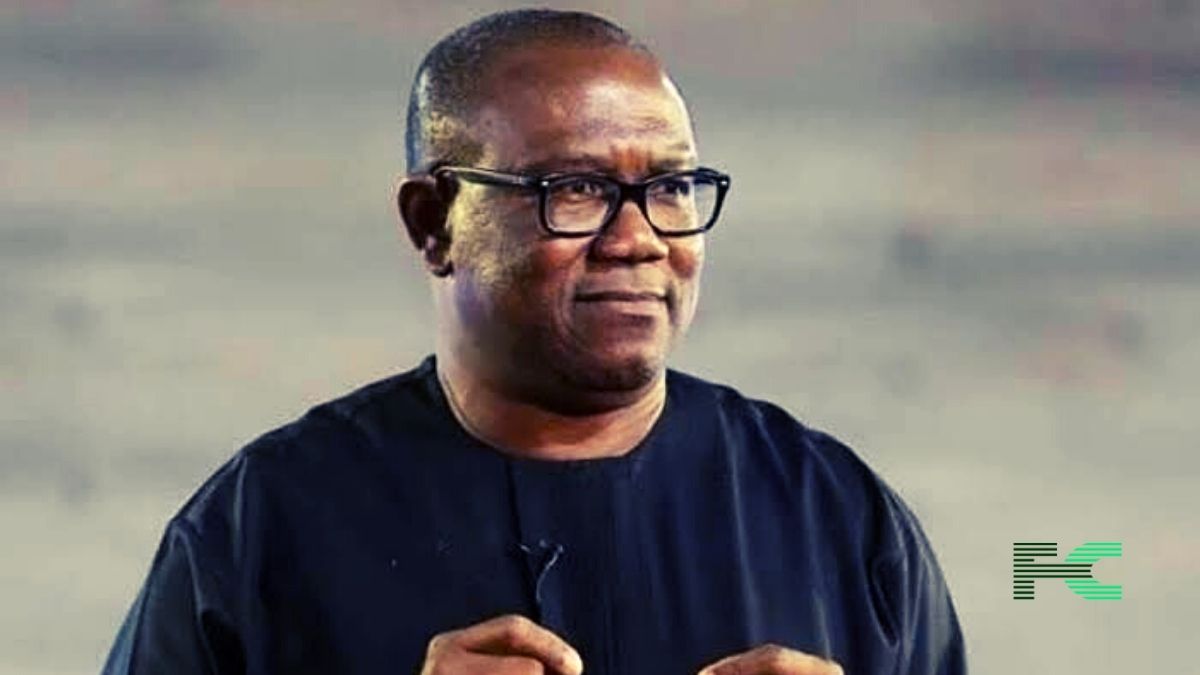The death of Charlie Kirk has already divided America, and now the question of what to do with his accused killer is tearing people apart even more. Prosecutors in Utah say they will pursue the death penalty against Tyler Robinson, the 22-year-old charged with pulling the trigger. The case is no longer just about who fired the shot, but whether another death can ever balance the scales.
When you look at the story, it feels like a script America has played too many times before, one killing answered by another. Robinson, according to court documents, admitted in private texts that he shot Kirk because he had “had enough of his hatred.” He even told his roommate that some hate “can’t be negotiated out.” Now, prosecutors argue that the crime was planned, cold, and aggravated enough to demand execution.
A Divided America Watches
The execution debate is not really about Robinson alone. It is about what kind of nation America wants to be. Supporters of the death penalty see it as a warning: kill a political leader, and the state will kill you back. To them, sparing Robinson’s life would make America look weak, especially at a time when political violence is already shaking trust in democracy.

But there are others who argue that executing him makes the country no better than the shooter. They point out that capital punishment has always been controversial, often falling hardest on the poor, the unstable, and the politically charged.
A Killing That Changed Politics
Charlie Kirk wasn’t just another commentator, he was a face of the conservative movement, a man who shaped young voters and stood firmly with Donald Trump. His killing, caught on video and spread across social media, was more than just another crime. It was political, it was symbolic, and it forced people to confront how words, ideologies, and anger can end in blood.
Now his assassin is at the center of the same storm. Robinson has been painted both as a cold-blooded killer and as a young man who fell into deep resentment and acted on it. His messages show planning, but also confusion, fear, even regret. He turned himself in after his parents confronted him. That doesn’t excuse him, but it complicates the story and complicates the choice between life in prison and death by execution.
Justice or Vengeance?
The courtroom will argue evidence, law, and aggravating factors. But outside, Americans are really wrestling with morality. Is execution justice, or is it vengeance with state approval? Would sparing Robinson’s life cheapen Kirk’s death, or would it prove that America can rise above the violence that consumed him?

















